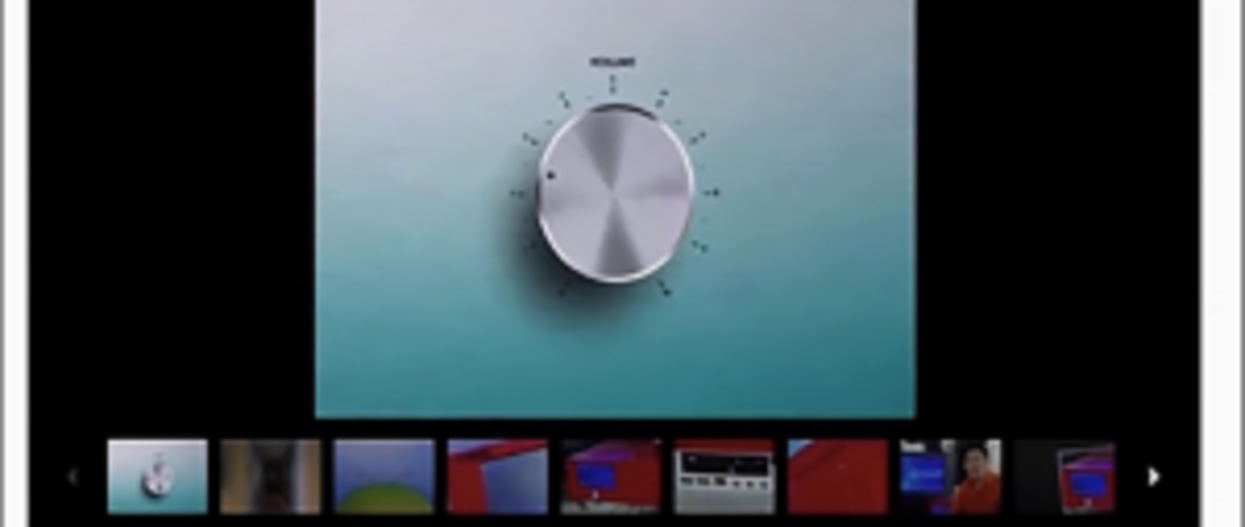Video Analytics: From Keywords to Keyframes

Updates
Watch the video of this event.
Read our Revisited post and view photos of this event.
Original Post
Cultural analytics, a newer branch of the digital humanities, deploys computer technologies to analyze the formal features of art and culture, making them available to interpretive methods. Moving image media is particularly ripe for this sort of computational analysis given its increasing ubiquity in contemporary culture. Indeed, digital video—whether recorded digitally or digitized from film—is a rapidly expanding form of contemporary cultural production, one made possible by the proliferation of personal recording devices and hosting platforms like YouTube, Vimeo and the Internet Archive. In short, video is one of the most compelling “big data,” issues of the current cultural moment; its formats are diverse, rapidly transmitted, and boundlessly large in number.
Yet despite its scale and importance, video remains a daunting object for sustained research, for obstacles that are technological, institutional and conceptual in nature. In this talk, Virginia Kuhn will describe her Video Analysis Tableau (VAT) project which is supported by the NSF’s XSEDE program (Extreme Science and Engineering Discovery Environment) and her team’s efforts at establishing a software workbench for video analysis, annotation, and visualization, using both current and experimental discovery methods.
Virginia Kuhn is an Associate Professor in the Division of Media Arts + Practice and Associate Director of the Institute for Multimedia Literacy in the School of Cinematic Arts at the University of Southern California. Her work centers on visual and digital rhetoric, feminist theory and algorithmic research methods. Kuhn’s current research projects include the VAT (video analysis tableau), which applies computational methods to the study of vast filmic archives, and The Library Machine, a gesture-based visual interface for searching library collections. She recently published (with Vicki Callahan) a collection titled Future Texts: Subversive Performance and Feminist Bodies (Parlor Press, 2016) and has edited two peer-reviewed digital anthologies (with Victor Vitanza), MoMLA: From Panel to Gallery (Kairos, 2013) and From Gallery to Webtext: A Multimodal Anthology (Kairos, 2008).
In 2005, Kuhn successfully defended one of the first born-digital dissertations in the United States, challenging archiving and copyright conventions. Committed to helping shape open source tools for scholarship, she also published the first article created in the authoring platform, Scalar titled “Filmic Texts and the Rise of the Fifth Estate,” (IJLM, 2010) and she serves on the editorial boards of several peer reviewed digital and print-based journals. Kuhn was the 2009 recipient of the USC Provost’s award for Teaching with Technology. She directs the undergraduate Honors in Multimedia Scholarship program, as well as the graduate certificate in Digital Media and Culture, and teaches a variety of graduate and undergraduate classes in new media, all of which marry theory and practice.
The History and Theory of New Media Lecture Series brings to campus leading humanities scholars working on issues of media transition and technological emergence. The series promotes new, interdisciplinary approaches to questions about the uses, meanings, causes, and effects of rapid or dramatic shifts in techno-infrastructure, information management, and forms of mediated expression. Presented by the Berkeley Center for New Media, these events are free and open to the public. For more information, visit: http://htnm-berkeley.com
